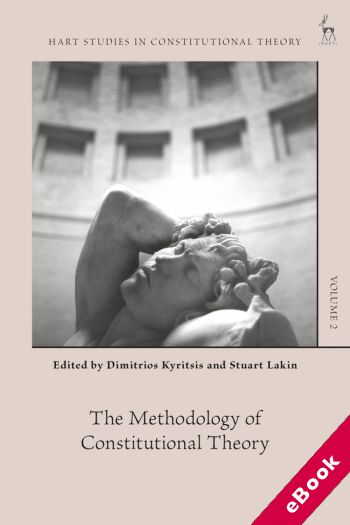
The device(s) you use to access the eBook content must be authorized with an Adobe ID before you download the product otherwise it will fail to register correctly.
For further information see https://www.wildy.com/ebook-formats
Once the order is confirmed an automated e-mail will be sent to you to allow you to download the eBook.
All eBooks are supplied firm sale and cannot be returned. If you believe there is a fault with your eBook then contact us on ebooks@wildy.com and we will help in resolving the issue. This does not affect your statutory rights.
This book starts from the premise that UK constitutional law currently faces a host of challenges relating to, for instance, devolution, its relationship with processes of European integration, and the impact of the Human Rights Act. These challenges defy its traditionally pragmatic character and call for a systematic re-examination of its methodology. In particular, they bring into sharp relief the need to devise a robust inter-disciplinary approach to constitutional issues. The edited collection brings together constitutional law experts who will discuss how such a methodology can be designed that applies insights from history, sociology, political theory and philosophy to the study of the UK Constitution in a way that can inform legal doctrine.